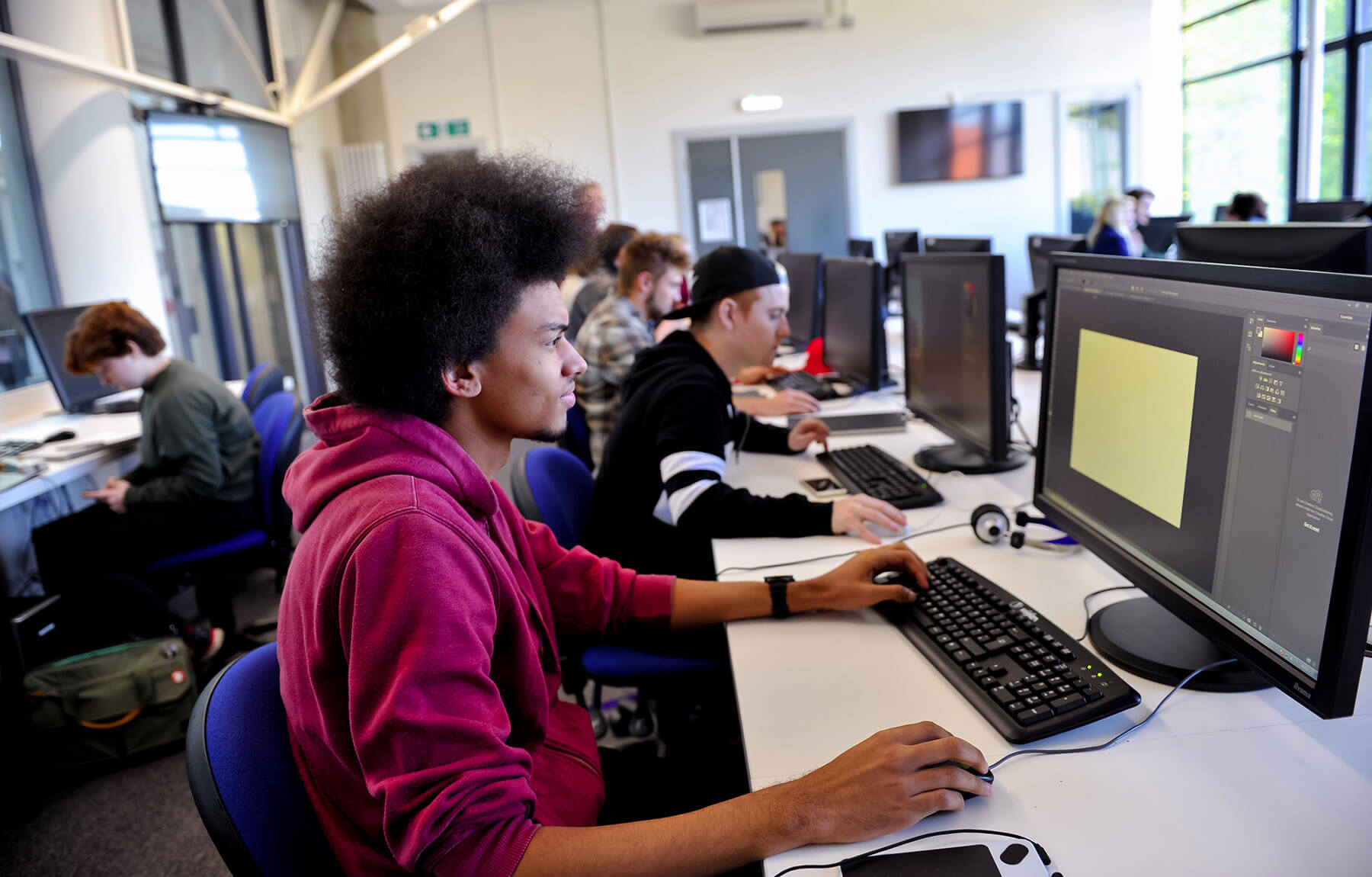Launch Week
All launch weeks feature a range of activities, which will comprise an interdisciplinary Industry Guest Speakers’ Series offered to all students across the School of Games and Creative Technology.
There will also be other activities, such as study trips and/or studio visits, Design Sprints, could also take place.
Technical Art
Technical art bridges the gap between artistic and technical practices, such as programming, visual effects and animation within the field of video games. You’ll be introduced to game engine tools and the theory required to create visual effects and improve the visual fidelity of video games programmatically. Through this you will build shaders/materials and learn how post processing and lighting can be used to control the aesthetic direction of a video game.
The Conscious Practitioner
You’ll explore global perspectives and influences on creative practice, drawing upon interactions with varied identities, cultures, politics, and histories. The unit will explore how beliefs, values and attitudes drive behaviour and practices.
Environmental Storytelling (elective)
Learn about how narrative works in environmental design – how the surroundings of a game can convey mood and atmosphere. You’ll use game engines and 3D modelling to build original scenes, implementing them in a fully realised game environment for player habitation, movement and interpretation.
You’ll explore the fundamentals of environmental storytelling: discovery, interpretation, participation and play; advocate an understanding of the historical, social and cultural factors underpinning any design, and finish with the delivery of an original narrative architecture embodied as a playable project.
Motion Capture Technologies (elective)
Motion-capture techniques now widely impact many core disciplines with the creative industries, such as Games, Fashion, Film and TV, VFX, Animation, Digital Performance and beyond. This intensive unit is designed to give you a grounding the core skills, knowledge and understanding required for motion-capture production. As part of the unit, you’ll earn how to use VICON Motion Capture technologies at UCA for a wide variety of disciplines.
Opportunity Week
Opportunity Week gives you the chance to try something a little different, broaden your engagement and your subject knowledge, such as Games Jams and Design Sprints. There may also be study trips and/or studio visits locally, in major hubs like London and even internationally for festivals, or trips museums, galleries and festivals.
Tools and Production
Tools and Production introduces you to new key skills within the discipline of games programming and technical art while concurrently building your first self-directed projects aligned with a chosen discipline.
As technical artists, one key skill is an ability to create tools that can be used by artists and designers to simplify asset pipelines and tasks in game software and engines – and you’ll be introduced to the scripting practices required to do this.
Industry Brief
You’ll use your skills and workflows to produce work for an industry brief, who will set specific parameters and conditions to be met by a deadline. This could include style guides, historic markers, format conditions, audience, and genre.
You’ll work as individuals or in a team (depending on the brief) and develop new skills in engaging and communicating effectively with your fellow students, including your ability to respond to an industry focused brief. In addition, you will focus on refining your presentation skills to ensure that you successfully share the outcomes, reflecting on your output.
Creature Animation (elective)
This unit will start with observational studies, such as a trip to the zoo, where you’ll undertake and shoot reference footage of animals in motion in order to gain a deeper understanding of each creature’s body mechanics.
You’ll then create a walk cycle, a run cycle, and a short emotive piece showing interaction between the creature and an environment.
Pervasive Game Studio (elective)
This unit explores and practices the design of pervasive games. As the name indicates, pervasive game experiences refuse traditional boundaries of games and play, whether this is the field, the board, or the screen.
In this unit, principles of game design are applied to the design, development, promotion and engagement of outdoor play enmeshed with various media and technologies. We explore the campus as a playground, with links to other forms of media including sport, film, theatre, television, websites, social media, augmented and virtual reality. The final deliverable is a pervasive game design.
Virtual Production Studio (elective)
Virtual Production (VP) is a rapidly growing area of content production. By combining CGI, game-engines, and virtual reality technologies, VP enables completely new ways of making digital productions for broadcast and online, to real-time, on-set visual effects. You’ll learn how to use UCA’s Virtual Production Stage to produce live or online virtual productions of all sorts and disciplines.
ATOM Activities and PLE Digital Outcome
These units are an extension of the Year 1 ATOM Activities and PLE Digital Outcome.
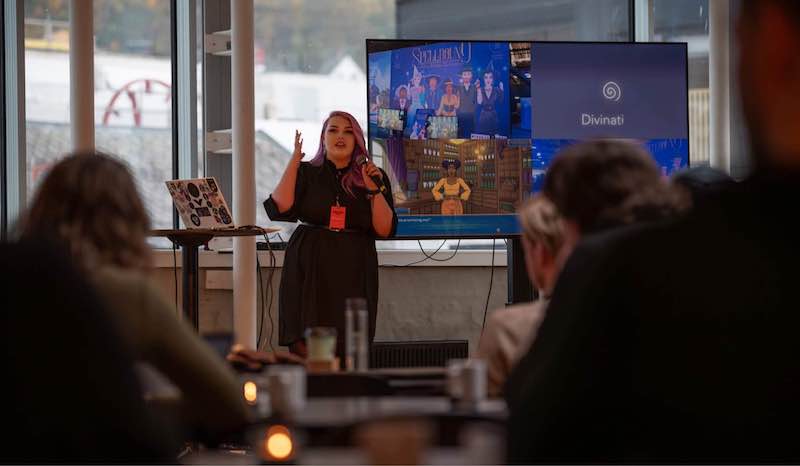
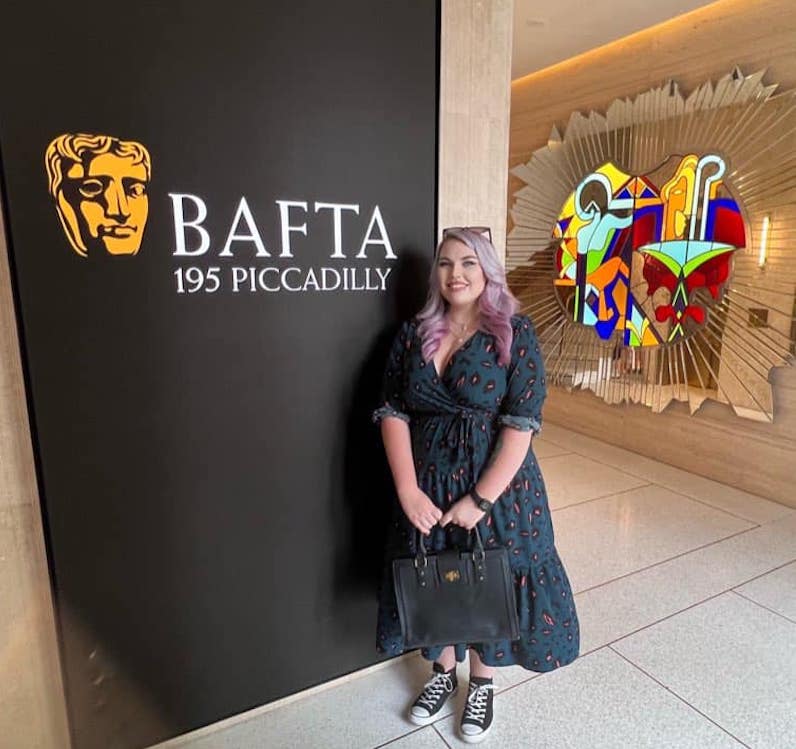
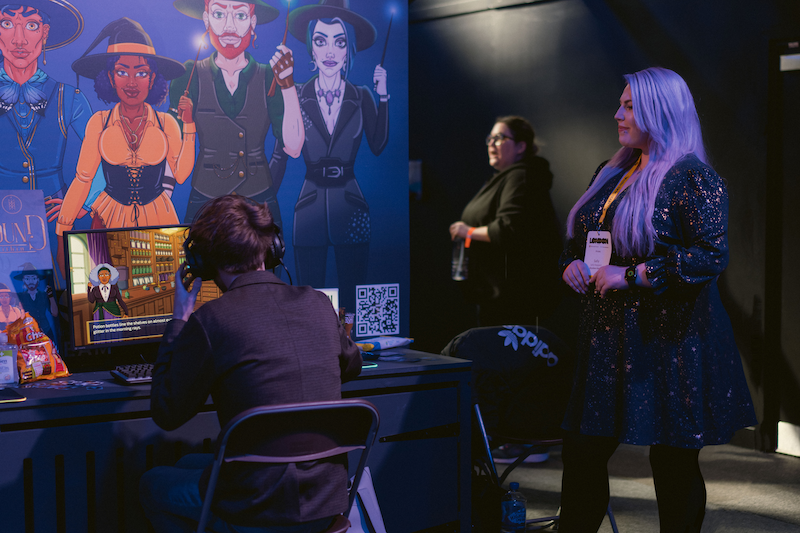
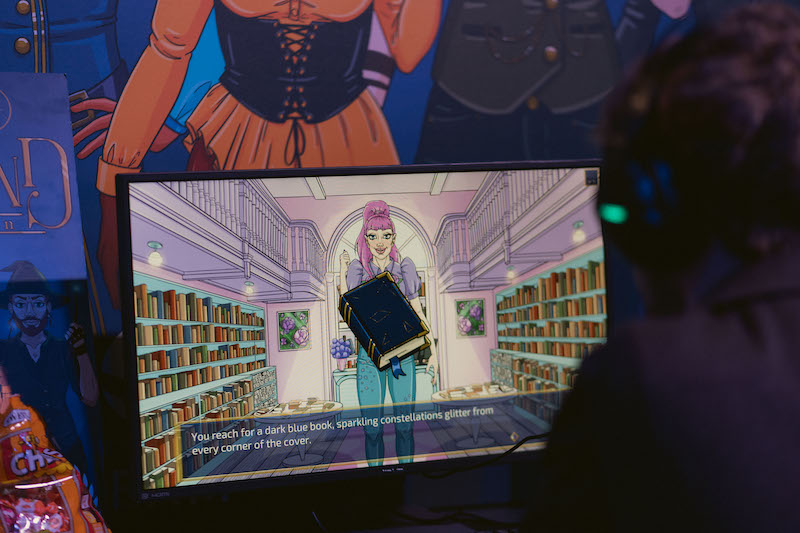

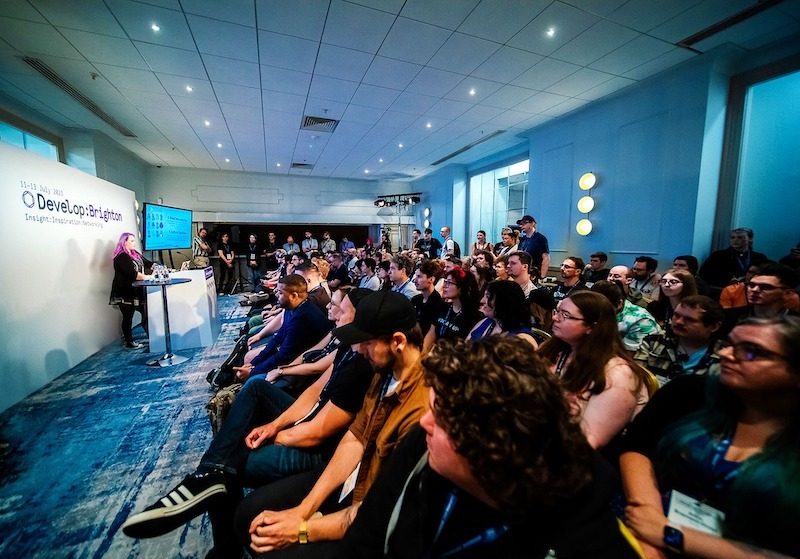


-Computer-Games-Arts,-UCA-Farnham_2021.jpg)
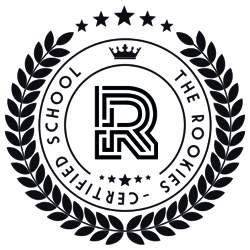
/prod01/channel_8/media/marketing-media/video-thumbnails/Games-3D-Printing-video-thumbnail.png)
/prod01/channel_8/media/marketing-media/video-thumbnails/games-portfolio-advice-thumbnail-no-text.jpg)
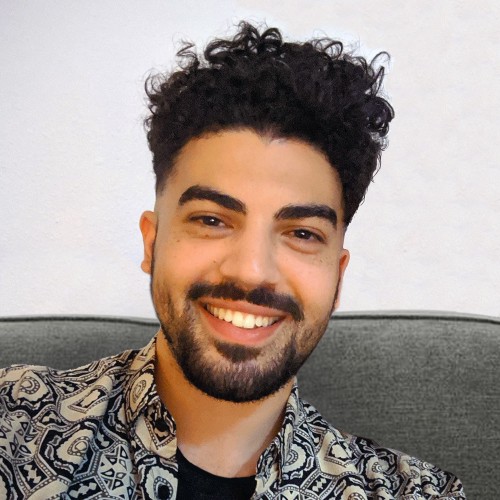

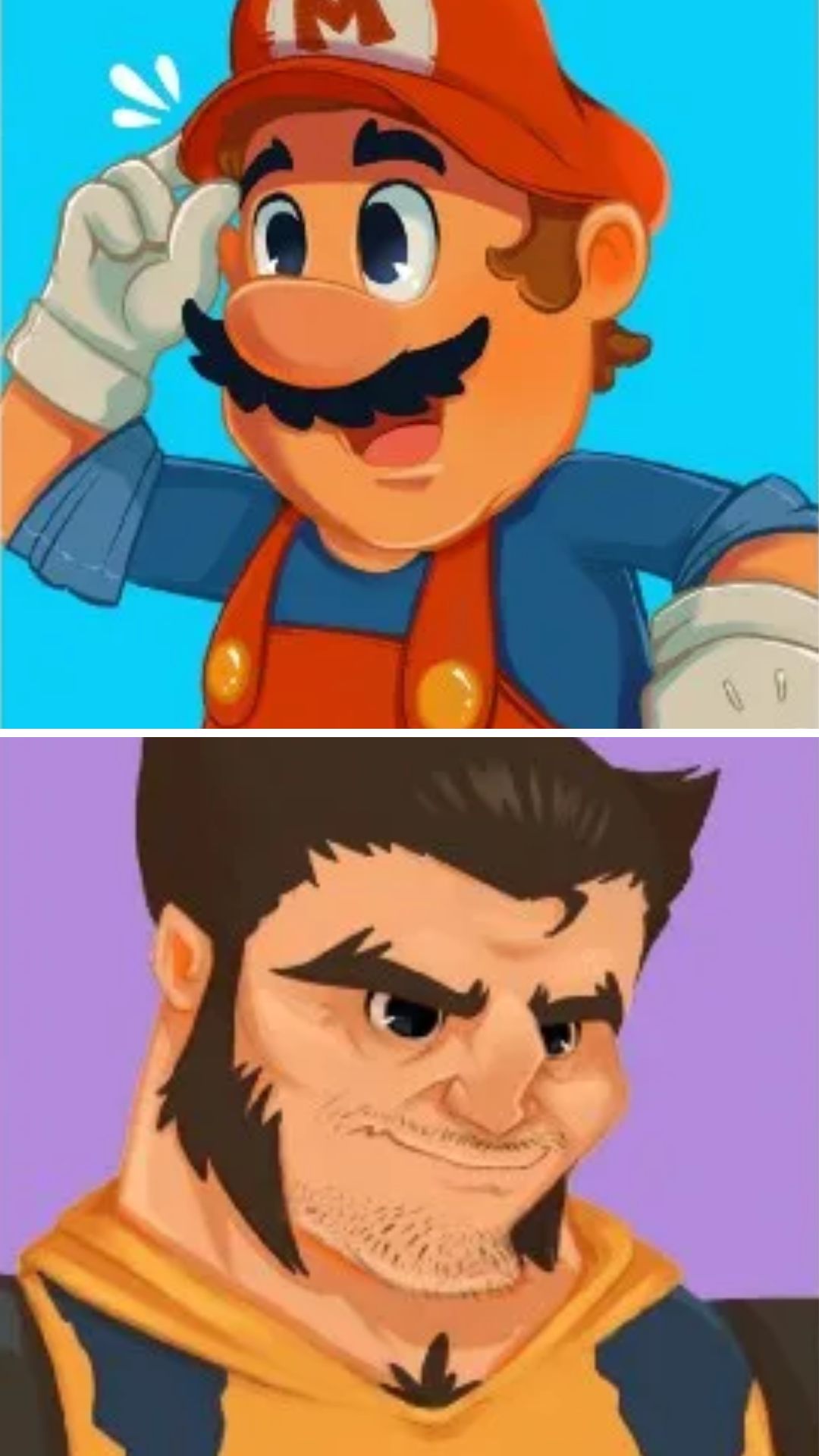
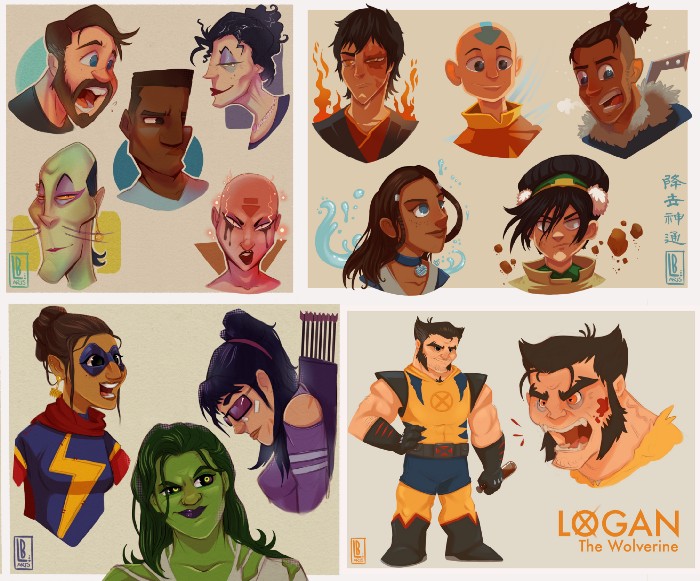

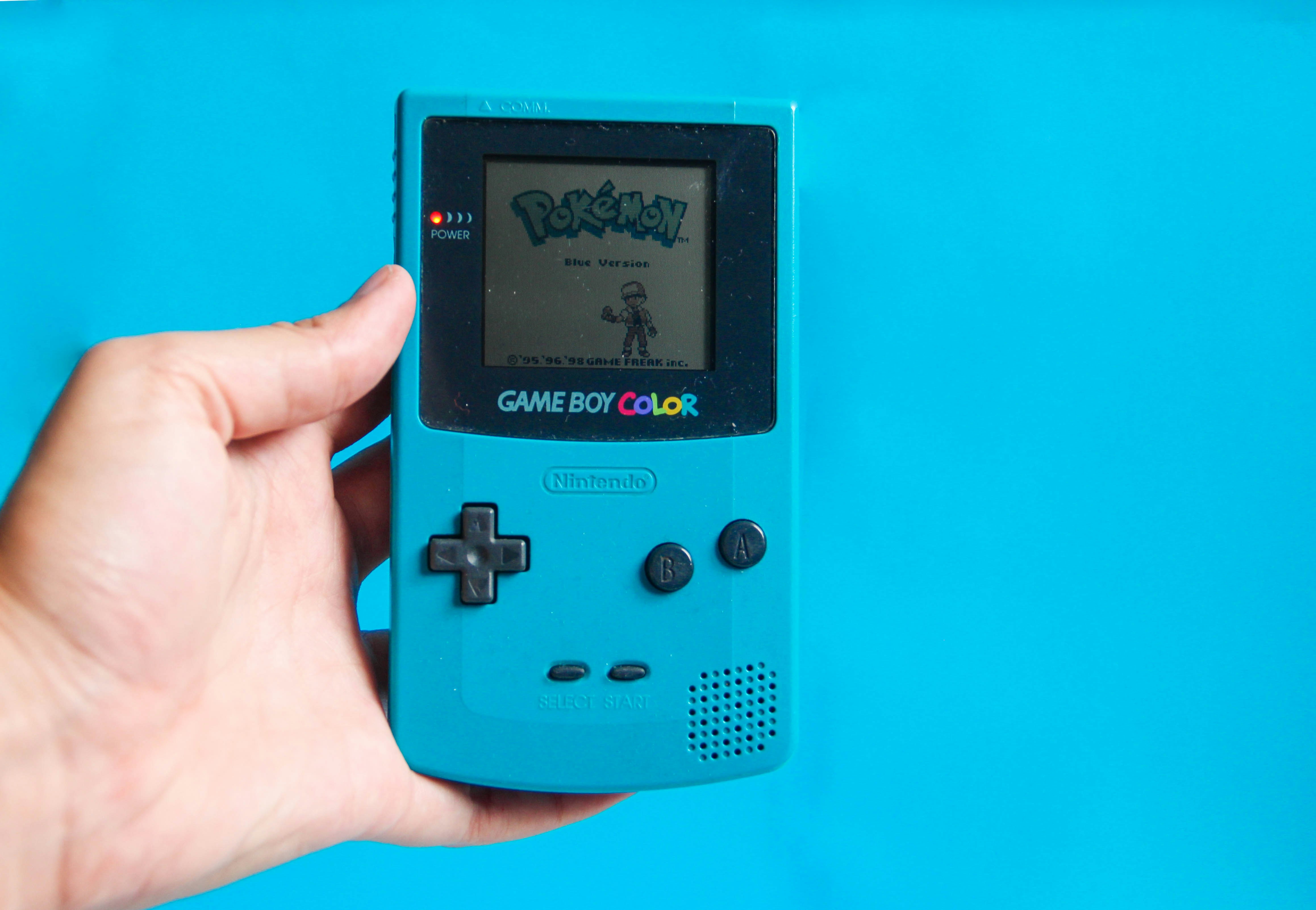

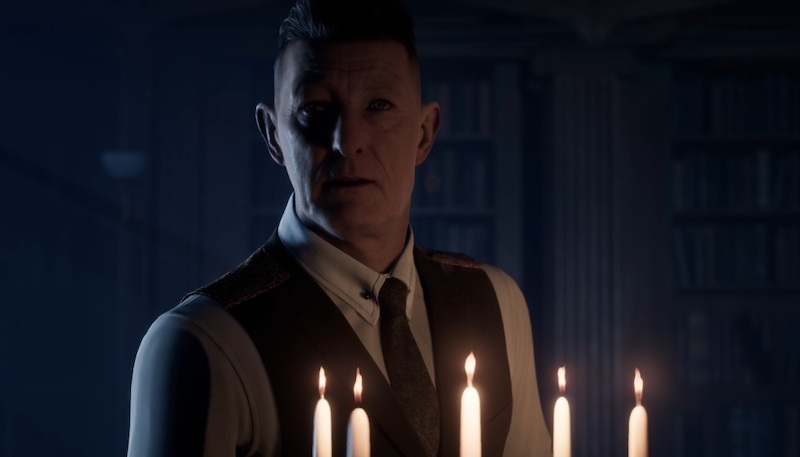
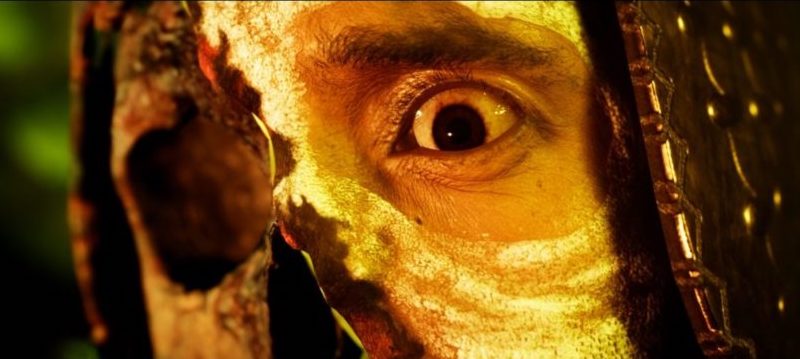
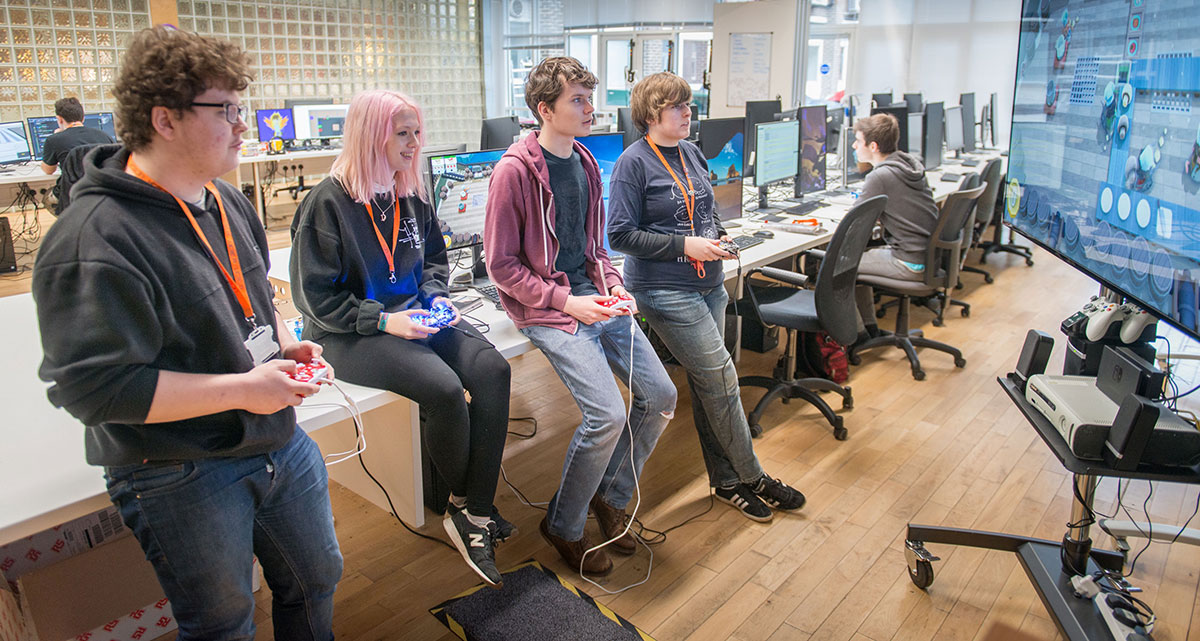
/prod01/channel_8/media/marketing-media/campuses/farnham/facilities/games-studio/408-1222-Games-studios,-UCA-Farnham_1.jpg)
/prod01/channel_8/media/marketing-media/campuses/farnham/facilities/games-studio/Games-Studios,-UCA-Farnham_2023_2.jpg)
/prod01/channel_8/media/marketing-media/campuses/farnham/facilities/games-studio/Games-Studios,-UCA-Farnham_2023_3.jpg)
/prod01/channel_8/media/marketing-media/campuses/farnham/facilities/library/UCA_farnham_campus_26th_Oct_17-1350.jpg)
